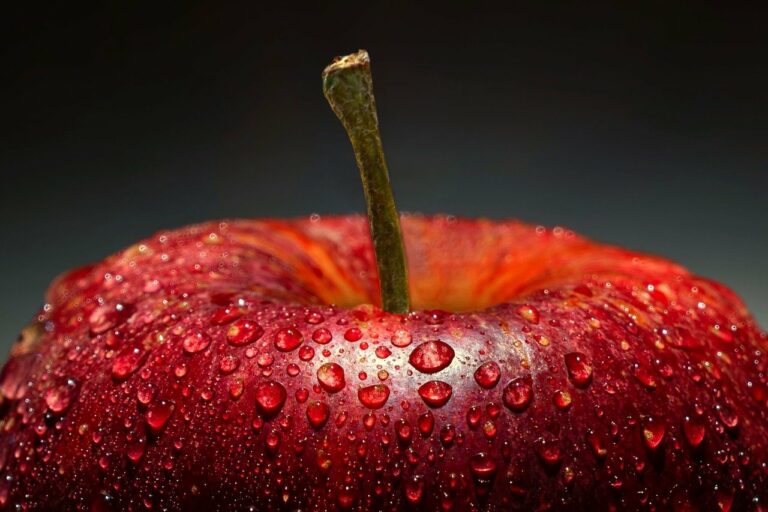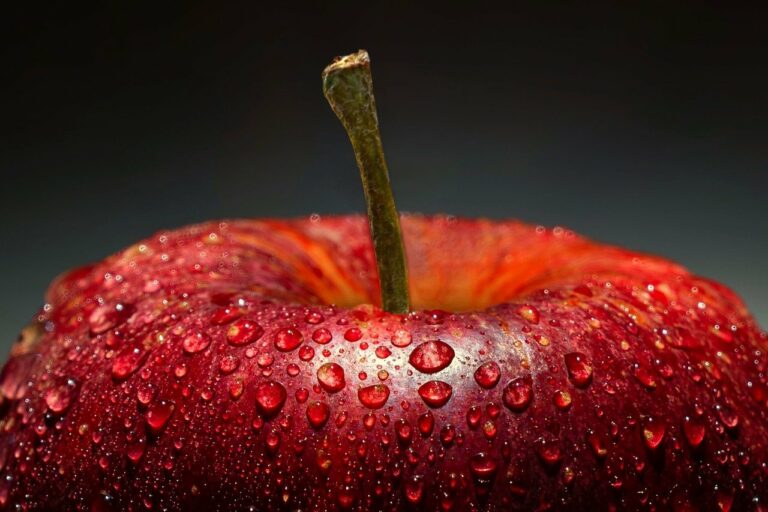The Importance of Sustainable Aquaculture Policy
cricket bet 99 login, sky11 live, reddy book id:As our planet continues to face environmental challenges, it has become increasingly important to focus on sustainable practices in all aspects of life. One area that requires particular attention is aquaculture, which involves the farming of fish, shrimp, and other aquatic organisms. Sustainable aquaculture policy is essential to ensure the long-term health of our oceans and the viability of the seafood industry.
The Importance of Sustainable Aquaculture Policy
Aquaculture is a rapidly growing industry that provides a significant portion of the world’s seafood supply. However, unsustainable practices in aquaculture can lead to a range of negative impacts on the environment, including water pollution, habitat destruction, and the depletion of wild fish populations. To address these issues, it is crucial to implement sustainable aquaculture policies that promote responsible farming practices and protect the health of aquatic ecosystems.
One of the key benefits of sustainable aquaculture policy is the conservation of marine resources. By implementing practices such as limiting stocking densities, using environmentally friendly feed ingredients, and minimizing the use of antibiotics and other chemicals, aquaculture operations can help reduce their impact on wild fish populations and ensure the long-term availability of seafood.
Additionally, sustainable aquaculture policy can help protect the health of aquatic ecosystems. By monitoring water quality, controlling the discharge of waste, and managing the use of antibiotics and other medications, aquaculture operators can prevent the spread of disease and reduce the risk of harmful algal blooms and other environmental threats.
Furthermore, sustainable aquaculture policy can benefit local communities and economies. By creating jobs, supporting small-scale fishers, and fostering innovation in aquaculture technology, sustainable practices can help generate economic opportunities and promote food security in coastal regions around the world.
In summary, sustainable aquaculture policy is essential for safeguarding the health of our oceans, protecting marine ecosystems, and supporting the livelihoods of those who depend on seafood for their sustenance. By implementing responsible farming practices and supporting regulation that promotes sustainability, we can ensure the long-term viability of the aquaculture industry and the health of our planet’s aquatic resources.
FAQs
1. What is aquaculture?
Aquaculture is a practice that involves the farming of fish, shrimp, and other aquatic organisms for human consumption. It is a rapidly growing industry that provides a significant portion of the world’s seafood supply.
2. Why is sustainable aquaculture policy important?
Sustainable aquaculture policy is important because it helps protect the health of our oceans, conserves marine resources, and supports the livelihoods of those who depend on seafood for their sustenance. By implementing responsible farming practices and promoting sustainability, we can ensure the long-term viability of the aquaculture industry.
3. How can consumers support sustainable aquaculture?
Consumers can support sustainable aquaculture by choosing seafood that is sustainably sourced, by supporting companies that adhere to responsible farming practices, and by advocating for policies that promote the health of our oceans and the well-being of aquatic ecosystems.
4. What are some examples of sustainable aquaculture practices?
Examples of sustainable aquaculture practices include using environmentally friendly feed ingredients, monitoring water quality, limiting stocking densities, and minimizing the use of antibiotics and other chemicals. By implementing these practices, aquaculture operations can reduce their environmental impact and promote sustainability.







